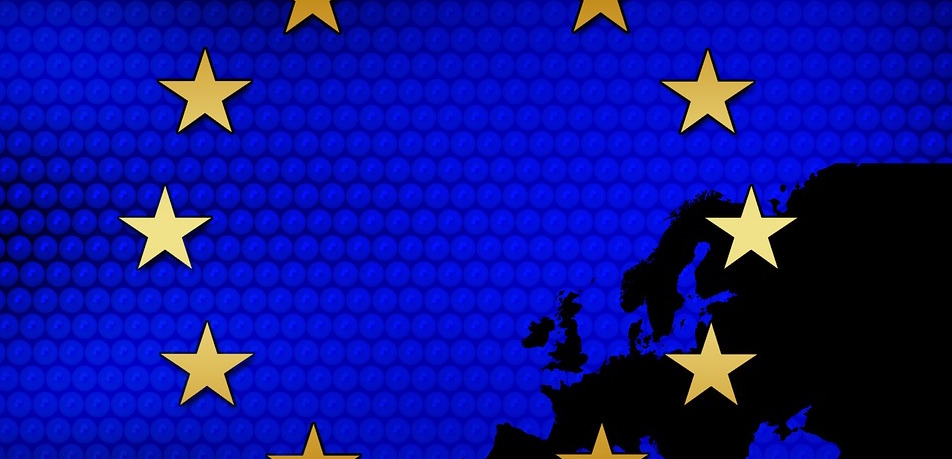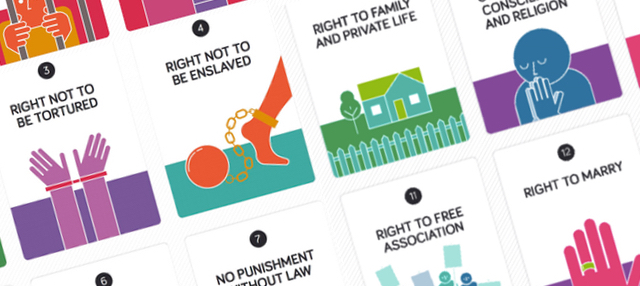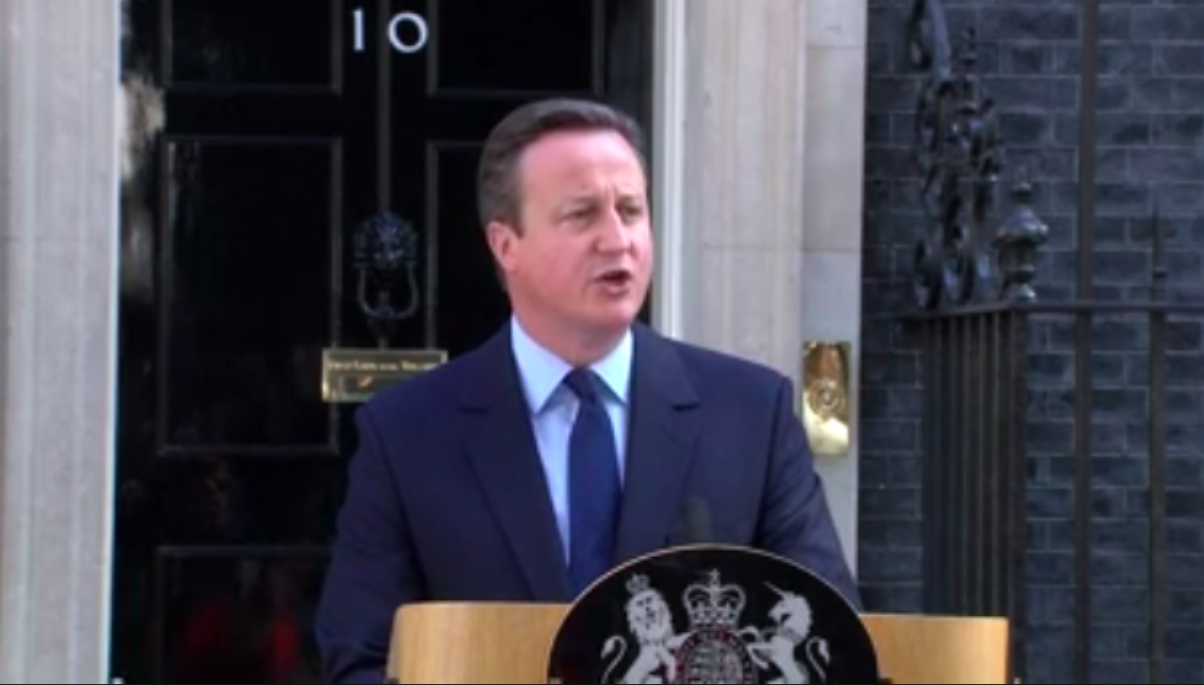The United Kingdom has voted for Britain to leave the European Union (EU), with a majority of just under 52%. What does this dramatic event mean for human rights?
What will happen right away

Nothing immediately. But the cogs are beginning to turn.
Britain is not immediately extricated from the EU. The referendum result does not automatically revoke Britain’s membership of the EU, nor repeal the legislation which gives EU law effect in the UK (the European Communities Act 1972). See David Allen Green’s post.
There is a mechanism in the Treaty on the European Union for a member state to leave the EU – Article 50. The withdrawing state must notify the European Council of its intention to withdraw. The EU will then negotiate and conclude an agreement with the withdrawing State, setting out the arrangements for its withdrawal. The EU Treaties only cease to apply to the withdrawing State from the date of entry into force of the withdrawal agreement or, failing that, two years after the notification.
So, it is likely to be some time before the UK formally extracts itself from Europe, but given the political mandate of the vote, it is happening.
What about our rights?

Our human rights are protected by a complex collection of laws and treaties. The treaties which the UK signed up to by being part of the EU ensured a minimum standard of protection for various rights – for example, employment rights (see our explainer). Those rights won’t all disappear immediately once the UK extracts itself from the EU. But the strong international backstop – which has prevented successive governments from chipping away at and eroding important rights – will fall away.
Free movement of persons remains, for now, a legal right of UK citizens as members of the EU. An agreement will have to be reached on how the vote impacts on the right of British people to travel to and work in the EU, though there is no guarantee of that. The EU’s Charter on Fundamental Rights will almost certainly no longer apply to the UK post-exit, meaning British citizens can no longer benefit from its protections.
Ticking clock for the European Convention on Human Rights?
The UK’s withdrawal from the EU does not automatically affect the UK’s status as a signatory to the European Convention on Human Rights (ECHR). The ECHR is an international treaty distinct from the EU Treaties and EU Charter on Fundamental Rights (see our explainer). Currently, the rights in the European Convention on Human Rights are also protected in UK law through the Human Rights Act. British citizens are still able to rely on their rights in the ECHR in domestic courts and can still take cases to the European Court of Human Rights.
However, there are warning signs that this too might change. The Government has proposed to consult on repealing the Human Rights Act and replacing it with a Bill of Rights. There is not currently an official, formal proposal from the Government to leave the ECHR, but several members of the Cabinet have argued for this.
David Cameron’s resignation will almost certainly lead to the ascendency of the Eurosceptic wing of the Conservative Party, many of whom are sceptical about the ECHR for the same reasons they were about the EU.
Will we ever see a British Bill of Rights?
Details of the proposals for a Bill of Rights have not yet been published. The potential effect on the rights of British people remains to be seen – see our previous post assessing the proposal for a Bill of Rights. But the politics surrounding this project are now even more uncertain than they were before the Referendum, for three reasons.
First, the key figures at the top of the government are likely to change meaning that the government will be unlikely to commit to key policies until the new leadership is in place.
Secondly, the devolution question, always a key issue in the bill of rights debate, will be all the more urgent. Scotland voted overwhelmingly against Brexit and Scottish Independence is now back on the agenda.
Thirdly, leaving the EU, and therefore decoupling from many of its laws, will require a root-and-branch review of our constitutional arrangement. The relentless focus, up to now, on the Human Rights Act, is starting to look a little beside the point.
Where will this all lead? The old Chinese curse comes to mind: ‘may you live in interesting times’. We will be with you all the way.
Read about the difference between the EU and the ECHR. Learn what the ECHR does to protect your rights. For a useful discussion of the constitutional implications of Brexit, see this blog post by Professor Mark Elliott.







